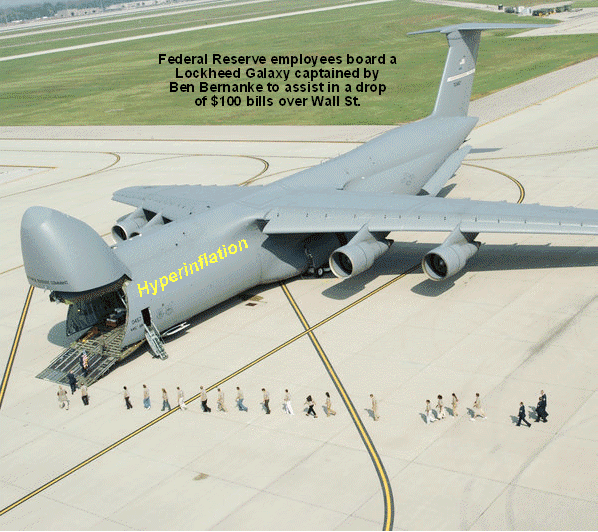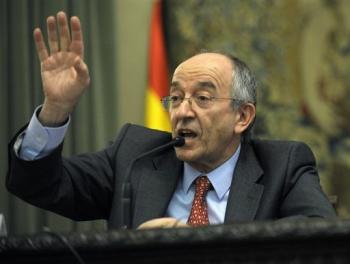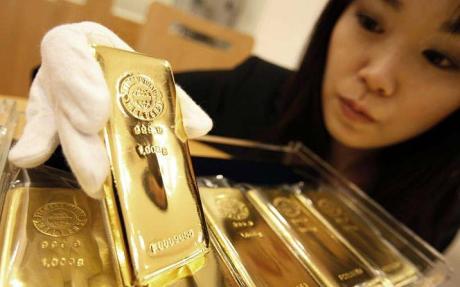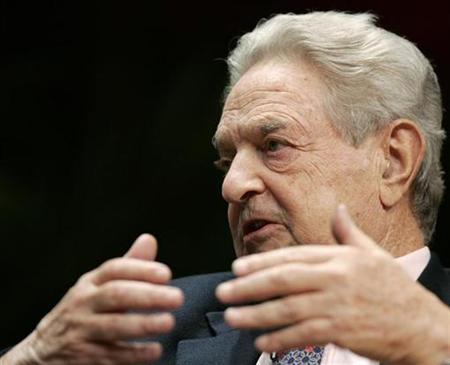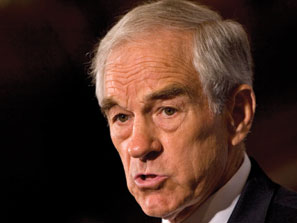
Dick Fuld, former Lehman Brothers’ chief executive Photo: AP
The dismemberment of Dick Fuld, Lehman Brothers’ former chief executive, before a Congressional committee on Monday was a compelling, albeit brutal, event.
His televised humiliation was orchestrated by a veteran Democrat, Henry Waxman, whose simple question about Fuld’s alleged $480m of earnings – Is that fair? – hit the banker like a haymaker, rendering him speechless.
As the cameras focused on Fuld’s haunted stare, there was a sense of action replay. Hadn’t we seen this freak show, or at least something remarkably like it, long before Lehman went under – a display of furious inquisitors wiping the floor with Wall Street’s loftiest reputations?
Yes, history was repeating itself: “As the ghosts of numerous tyrants, from Julius Caesar to Benito Mussolini will testify, people are very hard on those who, having had power, lose it or are destroyed. Then anger at past arrogance is joined with contempt for present weakness.
“The victim or his corpse is made to suffer all available indignities. Such was the fate of the bankers. They were fair game for Congressional committees, courts, the press and comedians.”
These are the observations of economist J K Galbraith in The Great Crash, 1929. First published in 1954, his analysis of the greed and self-delusion that led to the unravelling of America’s stock market and the subsequent Depression is undimmed by time.
Replace 1929 with 2008 and the story, I’m afraid, is eerily familiar: a speculative orgy, crescendo, climax and crash. As this plays out, important people – business and political leaders – rely on “the power of incantation” to keep the rest of us calm. Their efforts are doomed to fail.
Read moreRemember 1929 – what seemed to be the end was only the beginning
